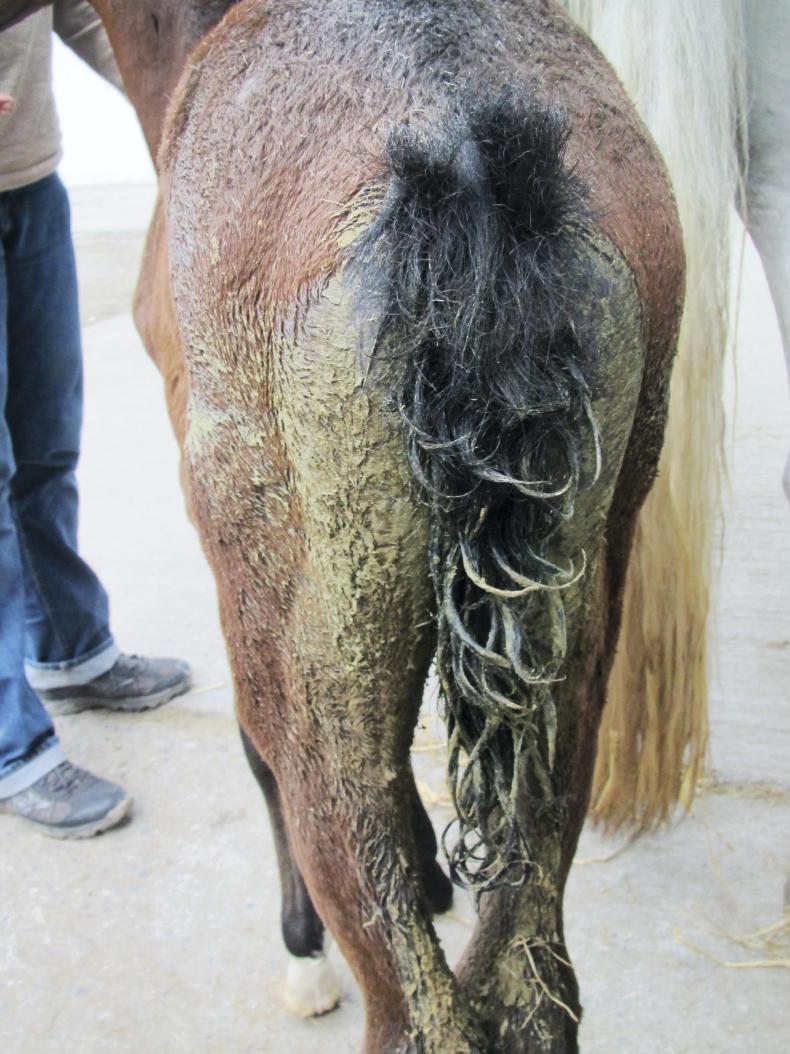IT is very common for foals to experience diarrhoea at some stage within the first two months of life.
Diarrhoea is most dangerous for a foal aged between one and three days old. It is usually caused by septicaemia or bacteria (E.coli, Salmonella, Clostridia). Foals that suffer with diarrhoea at such an early stage of their life require a lot of care and treatment.
It is important to keep a close eye on your foal’s behaviour and appetite, especially in their first few months. You should get into the habit of checking your mare’s bag morning and evening to make sure your foal is still on suck. Your foal’s appetite is the easiest way to tell if they are feeling unwell.
If your foal is not on suck, be careful your mare does not develop mastitis. You can avoid this by keeping a close eye on her bag and milking her until your foal is back on suck.
If your foal is on suck the treatment for diarrhoea will be less labour intensive as the most important step is to keep your foal hydrated. It may be necessary to administer electrolytes to keep the foal hydrated if it is not feeding.
Prevention
Good management practices are key to preventing diarrhoea in foals. The mare should be properly vaccinated prior to foaling and the foaling environment should be clean, dry and warm. If a newborn comes off suck, is lethargic or has diarrhoea, you should call your vet to come examine it as soon as possible.
Keep foaling areas as clean as possible. Isolate foals you have concerns about. When foals are sick they can seem fine and then deteriorate very quickly. If you are in doubt, watch how much the foal is drinking and take their temperature.
Treatment
The foal’s buttocks, hind legs and tail should be kept clean if they are suffering from diarrhoea. They should be cleaned regularly using warm water and cotton wool.
A small amount of hibiscrub can be added to the warm water to create a disinfectant solution. The person cleaning the foal should wear gloves and all materials used should be disposed of after cleaning.
Areas effected by diarrhoea can easily become irritated due to being washed so frequently. Apply a barrier cream to soothe the affected area. Baby oil can be applied to the tail to prevent the diarrhoea sticking to it.
Prompt treatment is a must for foals who have diarrhoea. Anyone who breeds them will be well aware of the setbacks and potential loss of life that can be triggered by any digestive upsets that may result in diarrhoea.
Treating digestive upsets in foals is based around the following principles:
TRM’s Diazorb works well and hits the point on all the above to alleviate digestive disturbances in foals and young horses.
It comes in syringe form for easy administration.
